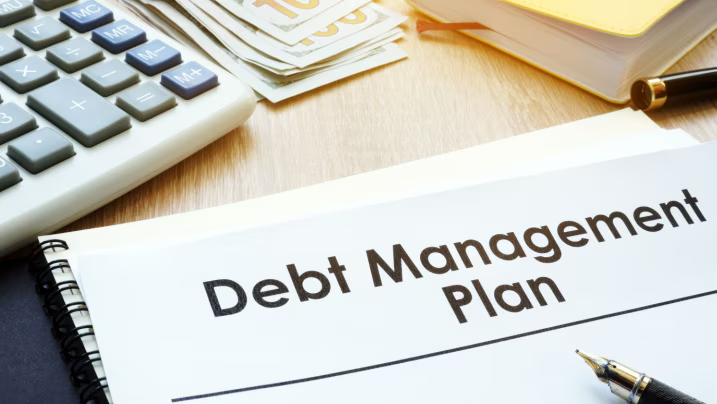
Debt can feel overwhelming, but with the right strategies, you can tackle it efficiently and reclaim your financial freedom. By following smart repayment techniques, managing interest rates, and adopting disciplined habits, you can accelerate your debt payoff journey. Here’s how how to pay off debt faster.
1. Know Your Debt Inside Out
“You can’t fix what you don’t understand.”
Start by listing all your debts, including:
- Total balance owed
- Interest rates
- Minimum monthly payments
- Due dates
Prioritizing high-interest debt while maintaining minimum payments on others is key to reducing costs and pay-ing off debt faster.
2. Choose a Repayment Strategy That Works for You
Debt Snowball Method
“Small wins build big momentum.”
- Focus on paying off your smallest debt first.
- Once cleared, roll that payment into the next smallest debt.
- This method provides quick victories that boost motivation.
Debt Avalanche Method
“Cutting high-interest debt saves you the most money.”
- Prioritize debts with the highest interest rates first.
- This method minimizes total interest paid over time.
3. Consolidate and Refinance for Lower Interest Rates
“Fewer payments, lower interest.”
If you’re juggling multiple loans, consider consolidating them into one with a lower interest rate. Options include:
- Personal loans
- Balance transfer credit cards (ideal for short-term debt relief)
- Debt consolidation loans
Refinancing high-interest loans into those with better terms can reduce monthly payments and speed up debt reduction.
4. Increase Your Income to Boost Repayments
“Earning more accelerates debt freedom.”
Consider adding income through:
- Side hustles or freelance work
- Selling unused items
- Requesting a raise or working overtime
Using extra income directly toward debt payments can significantly cut repayment timelines.
5. Create and Stick to a Budget
“Every dollar should have a purpose.”
Tracking your expenses and creating a budget helps identify areas where you can cut costs and allocate more toward debt reduction. Budgeting apps like Mint, YNAB, or PocketGuard can simplify the process.
6. Cut Unnecessary Expenses
“Small sacrifices now lead to big financial gains later.”
Identify non-essential expenses — such as unused subscriptions, dining out, or impulse shopping — and redirect those funds toward your debt.
7. Automate Payments to Stay on Track
“Automation prevents missed payments and costly fees.”
Setting up automatic transfers for debt payments ensures you never miss deadlines, protecting your credit score and saving on interest.
8. Negotiate Lower Interest Rates
“It never hurts to ask.”
Contact lenders or credit card companies to request lower interest rates, especially if you have a strong payment history. Even a small reduction can save you hundreds or thousands over time.
9. Use Windfalls Wisely
“Bonus cash is your debt’s worst enemy.”
Unexpected cash, like tax refunds, bonuses, or monetary gifts, can be powerful tools for reducing debt quickly. Avoid spending windfalls on non-essentials and put them toward high-interest debt instead.
10. Stay Motivated with Milestone Rewards
“Celebrate progress to maintain momentum.”
Reward yourself when you reach major repayment milestones. These rewards don’t have to be extravagant — a night out or a small purchase can keep you motivated without hurting your budget.
Final Thoughts
Pay-ing off debt faster requires dedication, strategy, and smart financial choices. By combining proven repayment methods, cutting expenses, and staying disciplined, you can conquer debt and build a stronger financial future.
Start today — your debt-free future is closer than you think.


